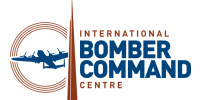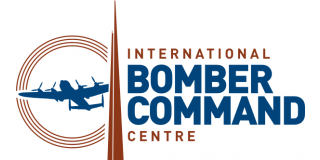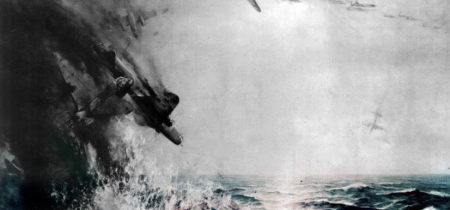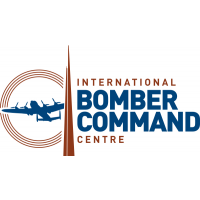IBCC Lecture and Supper Series: Daylight to Darkness: Remembering the Battle of Heligoland Bight 18 December 1939.
Jack Waterfall is Heligoland39 Project Leader. Jack and co-authors Doug Aylward and Caroline Kesseler, have spent the last seven years finding the families and meticulously researching the background and fate of the one hundred and thirty crewmen who flew in the Battle of Heligoland Bight, the first named air battle of WW11.
It is a story to be told. In broad daylight, just seven days before Christmas, twenty-four 1c Wellington Bombers were dispatched from their stations in East Anglia and twenty-two flew into the sights of 200 battle hardened Luftwaffe on their approach to Wilhelmshaven, in bitterly cold winter weather conditions. The outcome was a thirty-minute baptism of fire that resulted in the loss of fifty-seven aircrew and half their bombers. Two Luftwaffe pilots perished that day. A disaster for the RAF.
This relatively small action and the story of those men is published in a six-hundred-page text, ‘Daylight to Darkness’. The book is not available to buy but is lodged for access in selected institutional libraries and education centres across the country including locally, at the International Bomber Command Centre, the University of Lincoln Digital Archive and Bishop Grosseteste University library.
The authors’ involvement was triggered by their personal connection to the loss of Wellington R3236 and its entire crew, three-days before the beginning of the Battle of Britain. It has become blatantly obvious that the crew’s commanders had not entirely learnt the lessons of seven months earlier. The deficiency in their bomber had not been addressed and the effect of Bomber Command’s change of policy from daylight missions to night operations was not fully understood.
The majority of the aircrew in those early days of the war were ordinary young men aged under 23. They came from families with no military connections. The frontline men leading them in the air were slightly older and benefited from flying experience within the RAF. The guidance they were able to give their senior commanders on the ground was crucial. Everyone was dicing with death and on a very steep learning curve.
Have we learnt any lessons as we witness the 110 modern conflicts raging around the globe today? Do modern generations understand the complexity of WW11? and Bomber Command’s controversial role in it? Which now has recognition due to the legacy of Tony Worth CVO and his vision to create the International Bomber Command Centre.
The evening starts with a delicious hot buffet supper in The Hub Café at 18.30.
Ticket options
Jack Waterfall is Heligoland39 Project Leader. Jack and co-authors Doug Aylward and Caroline Kesseler, have spent the last seven years finding the families and meticulously researching the background and fate of the one hundred and thirty crewmen who flew in the Battle of Heligoland Bight, the first named air battle of WW11.
It is a story to be told. In broad daylight, just seven days before Christmas, twenty-four 1c Wellington Bombers were dispatched from their stations in East Anglia and twenty-two flew into the sights of 200 battle hardened Luftwaffe on their approach to Wilhelmshaven, in bitterly cold winter weather conditions. The outcome was a thirty-minute baptism of fire that resulted in the loss of fifty-seven aircrew and half their bombers. Two Luftwaffe pilots perished that day. A disaster for the RAF.
This relatively small action and the story of those men is published in a six-hundred-page text, ‘Daylight to Darkness’. The book is not available to buy but is lodged for access in selected institutional libraries and education centres across the country including locally, at the International Bomber Command Centre, the University of Lincoln Digital Archive and Bishop Grosseteste University library.
The authors’ involvement was triggered by their personal connection to the loss of Wellington R3236 and its entire crew, three-days before the beginning of the Battle of Britain. It has become blatantly obvious that the crew’s commanders had not entirely learnt the lessons of seven months earlier. The deficiency in their bomber had not been addressed and the effect of Bomber Command’s change of policy from daylight missions to night operations was not fully understood.
The majority of the aircrew in those early days of the war were ordinary young men aged under 23. They came from families with no military connections. The frontline men leading them in the air were slightly older and benefited from flying experience within the RAF. The guidance they were able to give their senior commanders on the ground was crucial. Everyone was dicing with death and on a very steep learning curve.
Have we learnt any lessons as we witness the 110 modern conflicts raging around the globe today? Do modern generations understand the complexity of WW11? and Bomber Command’s controversial role in it? Which now has recognition due to the legacy of Tony Worth CVO and his vision to create the International Bomber Command Centre.
The evening starts with a delicious hot buffet supper in The Hub Café at 18.30.




